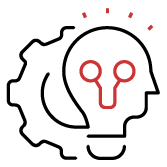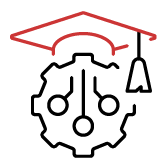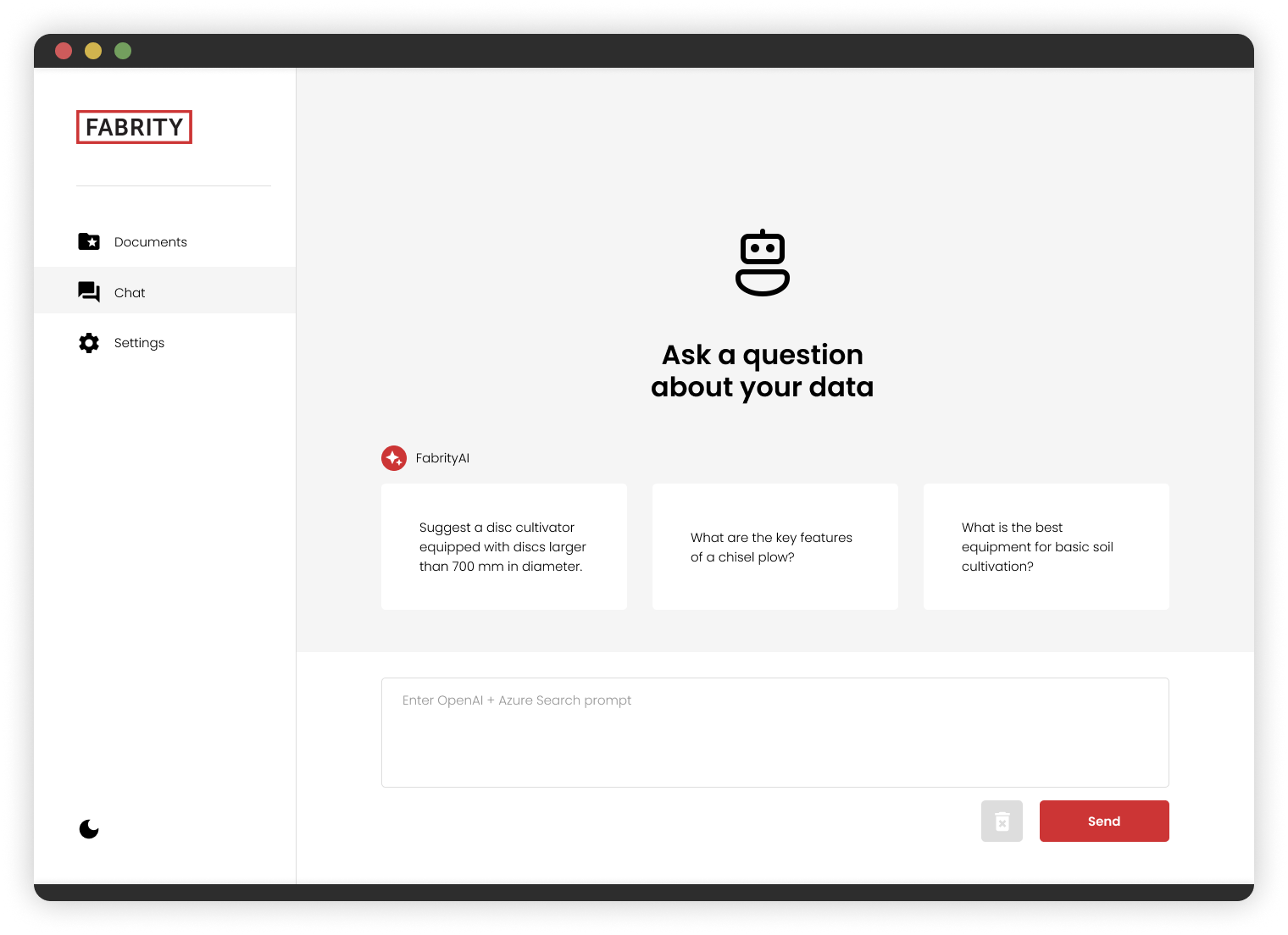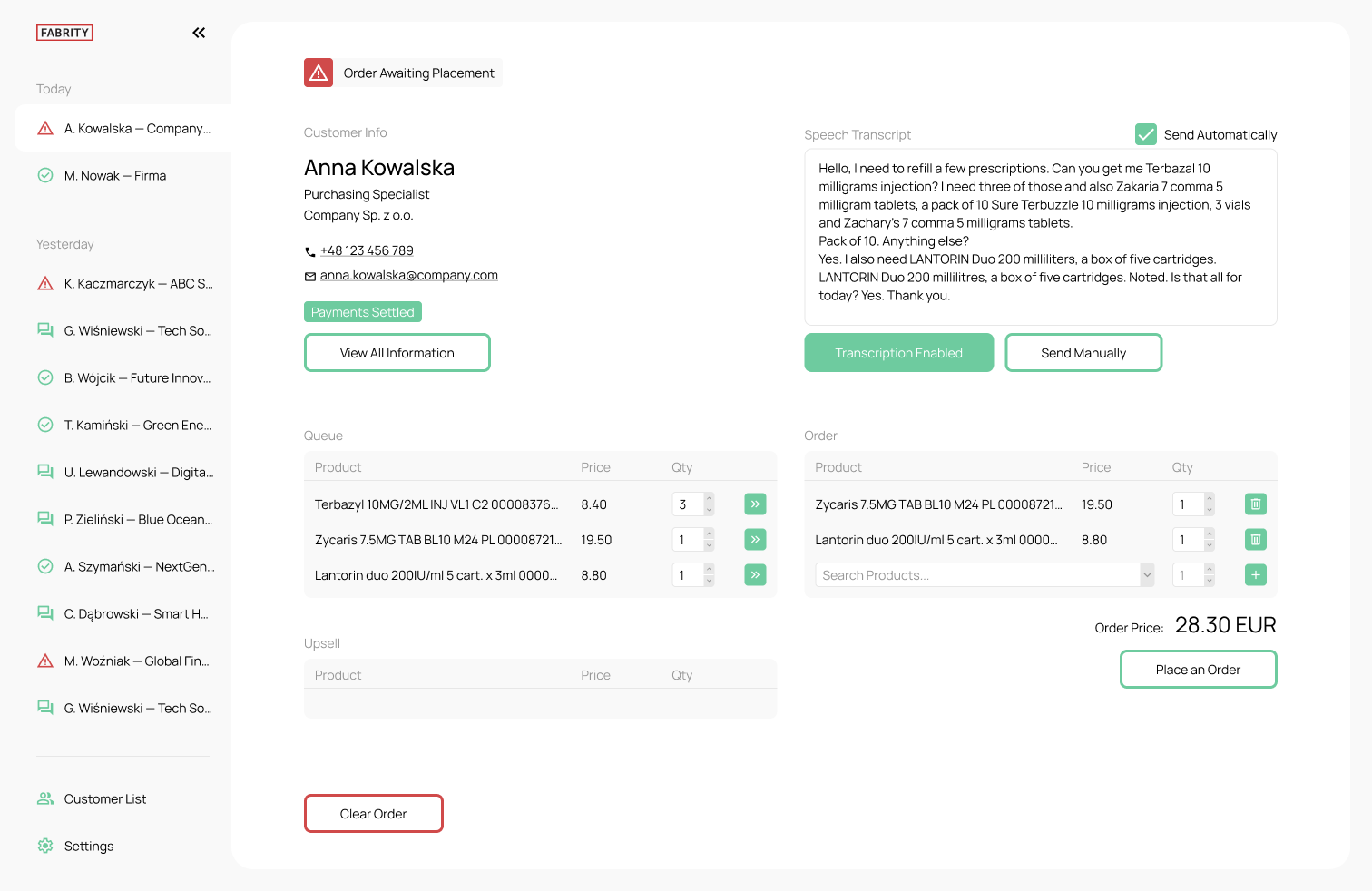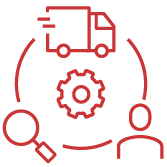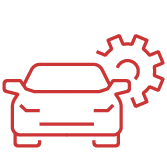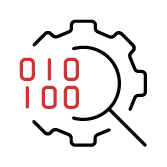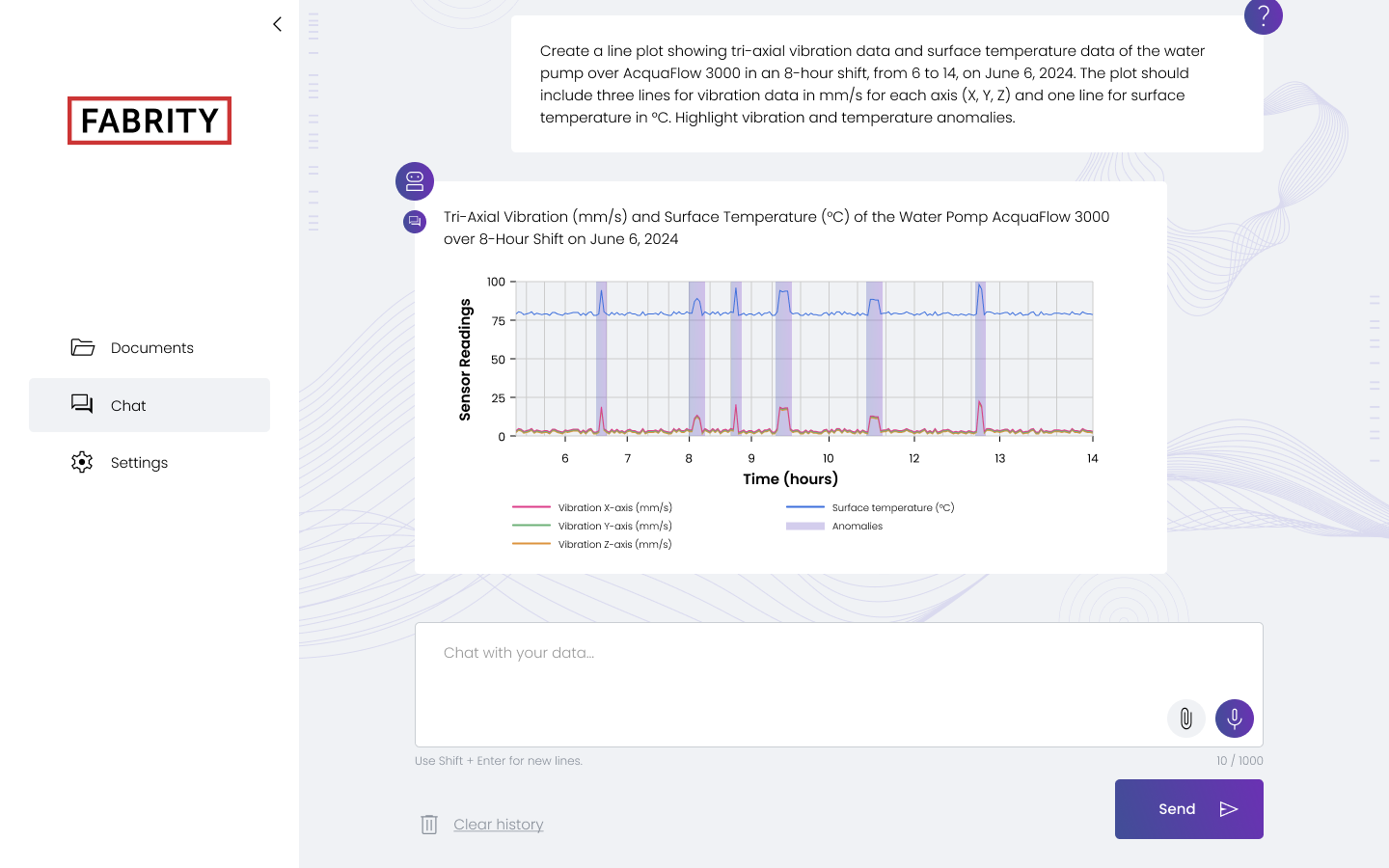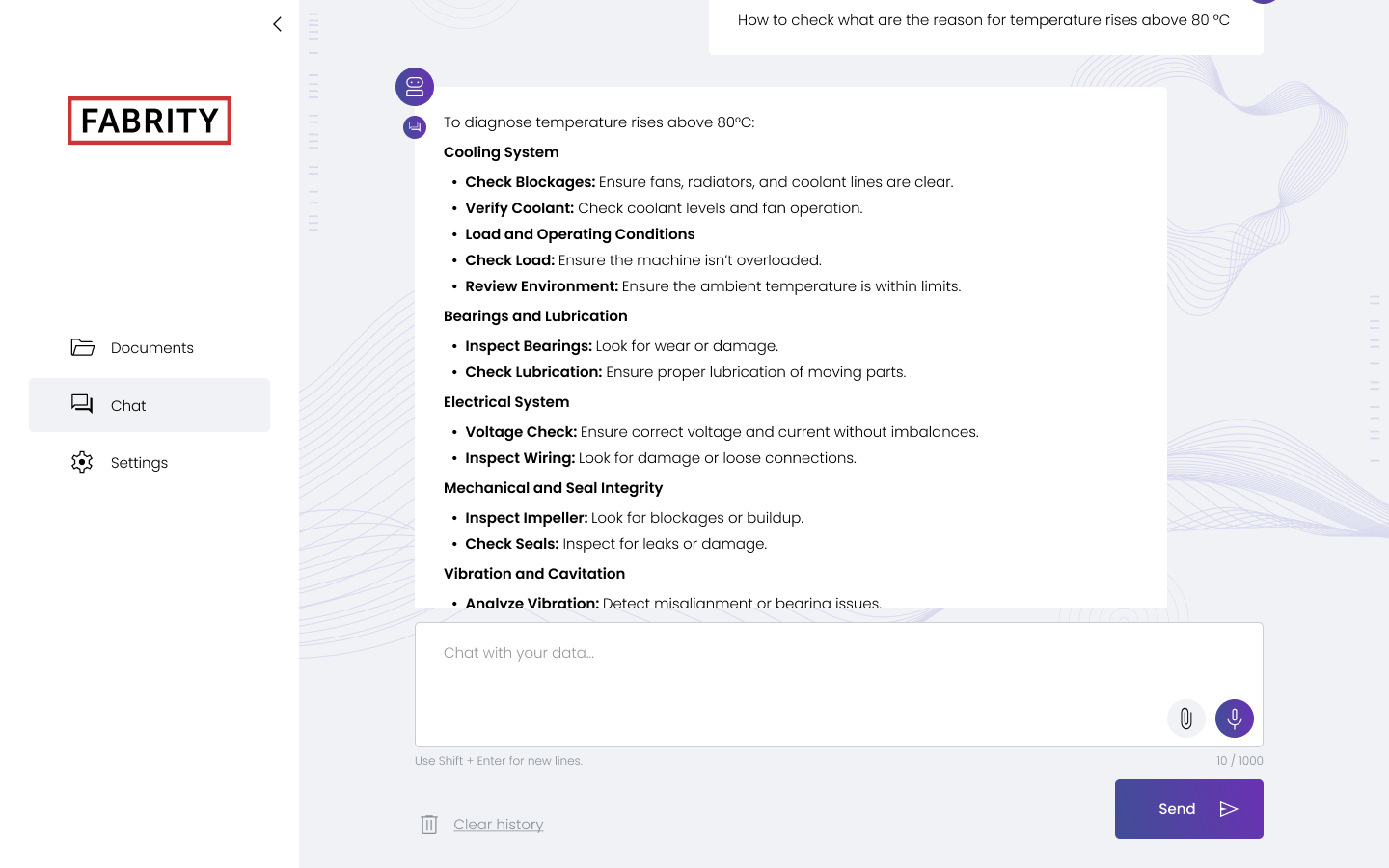About the service
At Fabrity, we believe that the key to the effective application of generative artificial intelligence in a business is combining LLMs with external systems and data to build one AI-powered ecosystem in the company.
LLMs are increasingly becoming a commodity accessible to all and no longer offer a competitive advantage by themselves. What truly enhances the power of LLM-driven systems is the data that fuels them, enabling verified, accurate, hallucination-free responses and supporting more complex functions like data visualization and analysis.
What we do
AI-powered virtual assistants
Streamline your daily work with our AI-powered virtual assistants combined with your data and company internal systems to fully harness the power of generative AI in your business.
AI-enhanced automation
Revolutionize your operational efficiency with our AI-enhanced automation services that streamline complex processes and reduce manual workload, freeing up your team for higher-level tasks.
Predictive analytics
Leverage the power of AI to forecast trends and behaviors. Our predictive analytics service helps you make data-driven decisions to stay ahead of the market curve.
Sentiment analysis
Understand your audience better with our sentiment analysis tools that interpret and quantify emotions in customer feedback, helping you refine products and services.
AI integration
Seamlessly integrate AI into your existing systems to build one AI-powered ecosystem in your company.
Who we work for


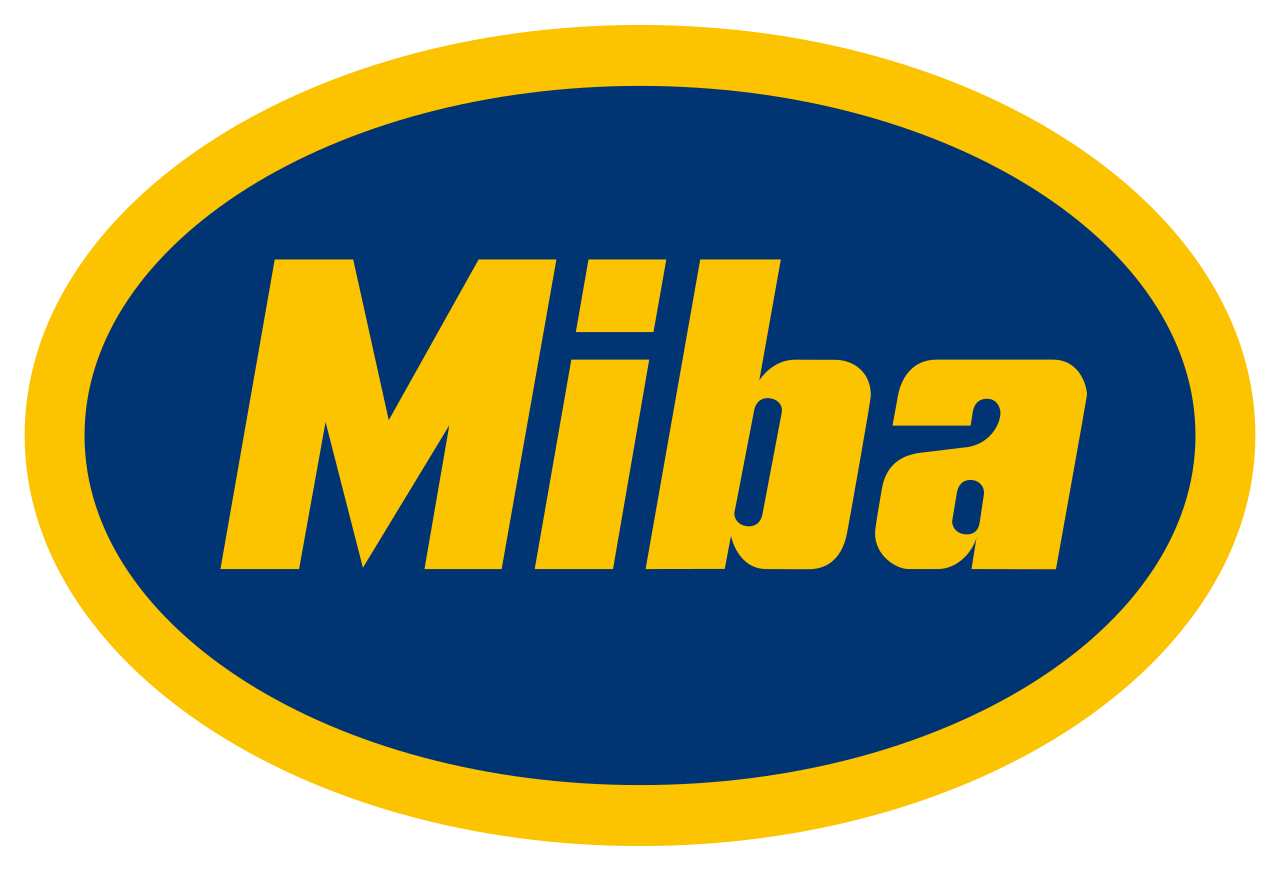
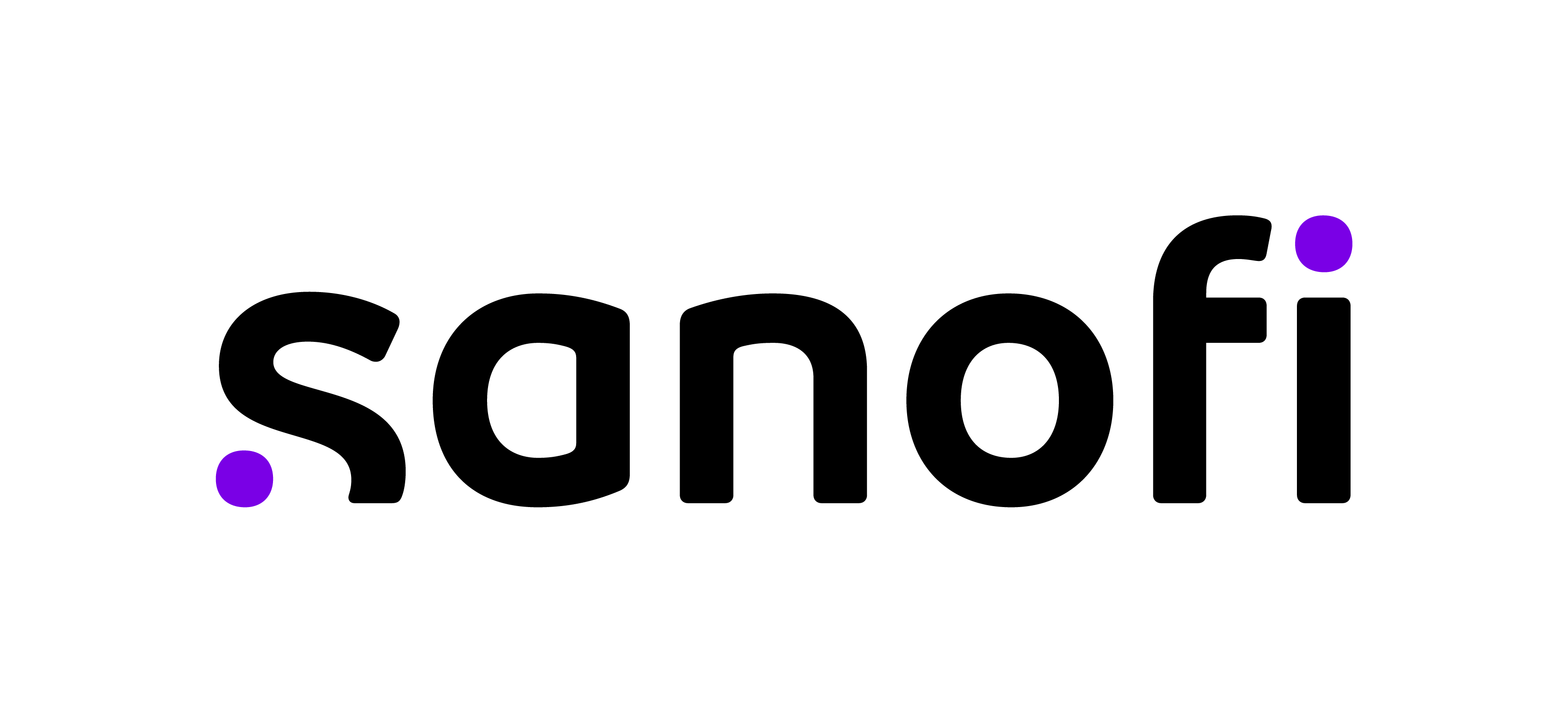
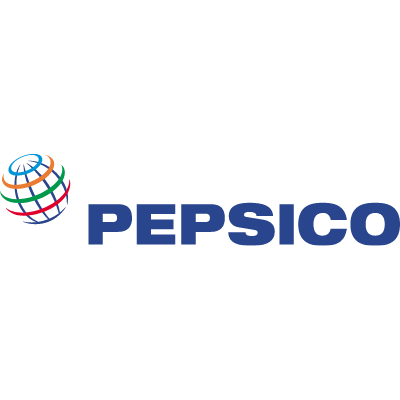


Challenges
Extensive documentation
Every company produces a substantial volume of documents covering various aspects of their daily operations, such as customer support, legal matters, HR, sales, marketing, etc.
Complex, lengthy internal processes
Due to limited access to knowledge, sales, marketing, and customer service activities take more time.
Time-consuming research
Finding the required information takes a lot of time and effort.
Steep learning curve
For new employees, understanding products, their features, and company processes can be challenging.
Limited access to knowledge
The company’s documentation can be difficult to navigate, often being scattered across multiple unconnected systems.
The solution
An enterprise-grade platform that harnesses OpenAI’s large language models and AI-driven search technology, enabling users to quickly find precise answers to their queries.
To find a piece of information, you can simply ask questions in natural language using an intuitive chatbot interface. The answers you receive are based on real knowledge—drawn from your company’s documents, technical documentation, and product catalogs—provided to the system during the development phase.
Unlike ChatGPT, which may produce answers not always grounded in verifiable sources, our solution delivers accurate answers that can always be verified through links to their sources. Now, you can harness the power of your knowledge and be confident that your questions are answered correctly.
Disclaimer
All product names and data on this screenshot are synthetic and were generated by AI for demonstration purposes.
Knowledge management use cases
Technical maintenance
Production
Production line employees will be able to get the right answers exactly when they need them.
Customer support
Sales departments
The sales team will always have access to up-to-date knowledge to answer any questions that potential clients may have.
Backoffice tasks
HR department
Challenges
Complex sales process
Taking orders manually is time-consuming and error-prone.
Lower productivity of sales agents
Sales teams can handle only a limited number of requests per day due to manual processing.
Limited upsell possibilities
Manual ordering is tedious and limits opportunities for additional sales, as agents are too busy processing orders.
Poor customer experience
Inefficient processes lead to delays and errors, resulting in poor customer experience and potential loss of business.
Tedious search for information
The information needed to finalize an order is scattered across multiple systems, and sales agents struggle to find it.
Limited access to knowledge about customer
Sales agents lack instant access to customer records, hindering the sales process.
The solution
An application using OpenAI’s large language models and AI speech-to-text that enables seamless B2B order placement across various industries.
Key features include speech-to-text conversion for automatic transcription of customer-agent conversations, and automatic caller recognition that swiftly accesses CRM profiles. Automatic product name recognition ensures accuracy using a custom dictionary tailored to each company product portfolio.
Error correction in AI addresses any transcription inaccuracies, while queue management for order verification organizes and verifies product details. Following verification, order form processing transitions items to the final form. Additionally, upsell automation suggests potential additional products, and final order placement completes the efficient ordering process.
To prove that our solution works, we built a PoC for one of our pharmaceutical clients, helping them to streamline their sales process that previously was handled manually over the phone.
Disclaimer
All product names and data on this screenshot are synthetic and were generated by AI for demonstration purposes.
Sales use cases
B2B pharmaceutical supply chain
Chemists, pharmaceutical distributors, and wholesalers need to replenish their stocks regularly, but ordering over the phone is tedious, time-consuming, and prone to errors.
Complex B2B supply chains
The application streamlines the sales process of technically complex or regulated products (e.g., medicines) that need careful ordering under the supervision of sales agents.
Medical equipment distribution
The AI streamlines complex phone orders for medical equipment and supplies, ensuring accuracy and efficiency with speech-to-text and product name recognition.
Construction materials supply
The application automates the capture and verification of diverse phone orders for building materials, enhancing accuracy and adherence to delivery schedules.
Automotive parts distribution
The application aids in accurately capturing specific part details over the phone, streamlining the ordering process and reducing miscommunication.
Wholesale food distribution
Companies supplying food products to retailers and restaurants can use the application to streamline bulk orders, ensuring accuracy in item types, quantities, and delivery details.
Challenges
Massive amounts of data
IIoT environments generate massive volumes of data from sensors and devices that need to be handled effectively to provide actionable insights in real time.
Effective data analysis
Large volumes of data need to be effectively visualized and analyzed in a consistent and uniform manner.
Real-time processing
Data analysis and visualization tools must update dynamically and immediately reflect changes to provide actionable insights on the fly.
User experience
Data dashboards (e.g., for plant managers) are unintuitive and too complicated.
Integration with legacy systems
New IIoT devices and datal analysis tools need to be seamlessly integrated with legacy systems.
Scalability
Data analysis and visualization systems must be scalable and flexible enough to handle an increasing number of data points and more complex analytical demands.
The solution
An AI assistant that integrates OpenAI’s LLMs with real-time IIoT data, and a RAG pipeline to provide actionable insights in industrial settings.
You can ask about the data using an intuitive chatbot interface. Whenever a user, such as a plant manager, poses a question, the LLM generates a Python script that retrieves, visualizes, and analyzes the data as requested. LLM is instructed to recognize questions related to data and determine the appropriate data to use in responses. It is also capable of drawing conclusions from data and plotting different types of charts.
More importantly, our AI-powered assistant can provide users with insights into potential root causes of detected anomalies. For example, when we asked the assistant about possible reasons for a temperature rise above 80°C, it generated detailed responses, including likely causes and recommended actions for maintenance technicians. This is enabled by the integration of a RAG pipeline, which equips the AI assistant with the knowledge needed to accurately address user queries.
Disclaimer
All product names and data on this screenshots are synthetic and were generated by AI for demonstration purposes.
Industrial use cases
Predictive maintenance
The platform analyzes real-time machine performance data to predict potential failures, enabling proactive maintenance scheduling and reducing equipment downtime.
Quality control
Implement the system to continuously monitor production processes and detect deviations from quality standards, alerting supervisors immediately when anomalies are detected.
Energy management
Use the solution to optimize energy use throughout a plant by analyzing data on electricity, gas, and water usage, suggesting adjustments to enhance efficiency and sustainability.
Supply chain optimization
Leverage the system to improve supply chain operations by tracking materials and inventory in real time, providing updates on inventory levels, and automating ordering processes to prevent stockouts.
Operational efficiency
By accessing real-time insights into machine operations and production flow, the platform enables plant managers to make informed decisions that streamline processes and increase throughput.
Safety monitoring
Enhance workplace safety by monitoring environmental conditions and equipment status, with immediate notifications to personnel in the event of hazardous situations or equipment malfunctions.
5 steps from building your AI-powered assistant
01
We analyze your business use case.
02
You gather necessary data and/or documentation.
03
We prepare the Azure infrastructure.
04
We build a dedicated AI-virtual assistant for you.
05
We test and optimize your AI-powered assistant.
Once you gather all relevant data and documentation, the entire process of building a PoC for an AI-powered knowledge management solution will take us approximately 2–3 weeks.
Need support with your data?
Get in touch to see how we can help.
Book a demo
Interested in seeing our solution in action?
Contact us to schedule your free 30-minute demo.
Together we will explore how our solution can help you solve your business challenges.
Blog

Large language models (LLMs)—a simple introduction
Explore the transformative power of Large Language Models (LLMs) in AI, their components, and business applications. Discover how LLMs are reshaping technology.

Edge AI technology: driving Industry 4.0 in 2025
Explore how edge AI powers Industry 4.0 in 2025, enabling real-time data processing, reducing latency, and boosting efficiency across industries.

8 generative AI trends to watch in 2025
Discover the top 8 generative AI trends to watch in 2025. Explore how developments in AI are transforming industries and shaping the future of innovation.





